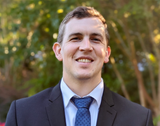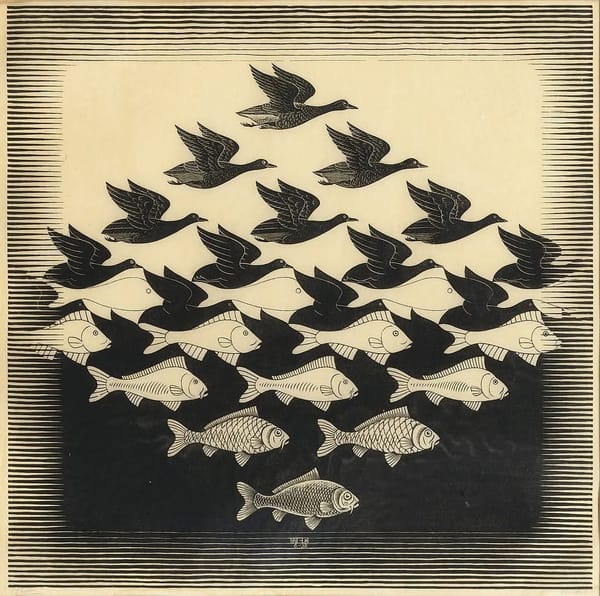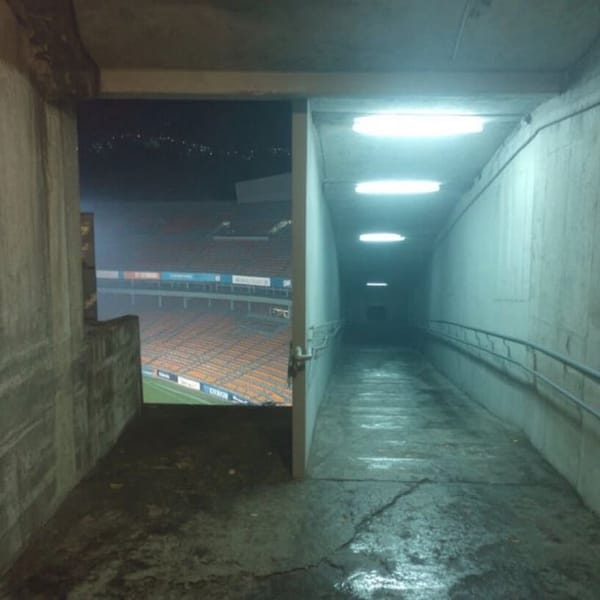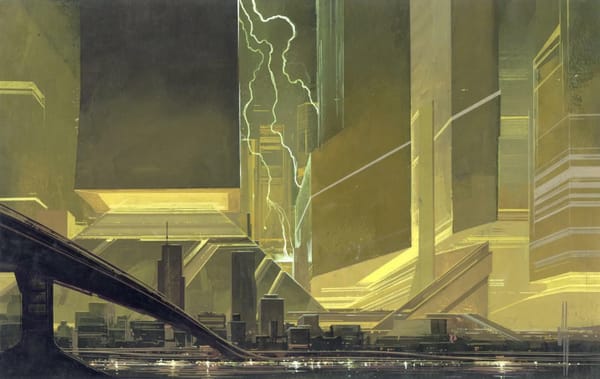The last last mile
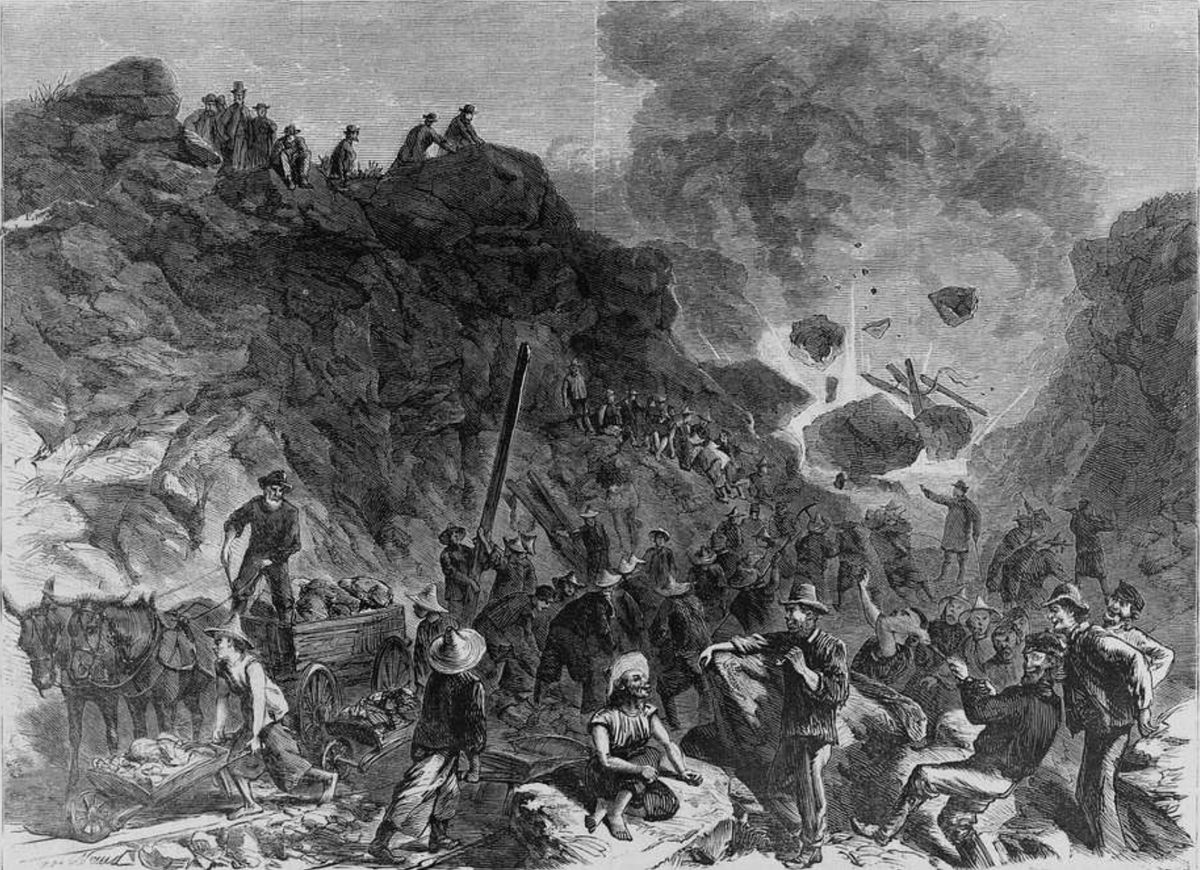
1.
To get an avocado, a US citizen would’ve had to trek to southern Mexico in 1824. By 1924, LA or New York. Today most Americans can get a bag delivered to their home in about twenty minutes.
The "last mile" has downsized even more quickly for information. It was the distance to the nearest newspaper, then radio, then phone. The last mile of delivering software is now, in some cases, asking an LLM for it.
A lot is named after Christopher Columbus in this country but those first transatlantic voyages were the skin of the avocado; the flesh, the bulk of human activity, the engine of serious profit, came after that. It was covering those miles again with ships, planes, and Internet cables so the rest of us wouldn’t have to.
2.
My dad was born in Columbia, Missouri. The state's name comes from Wimihsoorita, “those with dugout canoes,” the word used by indigenous people in modern-day Illinois for their southern neighbors when early French explorers arrived.
I was born a few decades later in a city called Walnut Creek, a suburb of San Francisco, itself named after the patron saint of animals, in a hospital named after environmentalist John Muir. The first computer game I can remember playing involved crossing rivers in a covered wagon. I spent long afternoons at Arbolado Park, arbolado being Spanish for “wooded,” where my sister’s soccer team practiced. My first dorm in college was called Cedro, Spanish for "cedar," and my first office was on Hawthorne Street. That area around that street remains dense with software engineers, an occupation where the hot trend is getting into things like woodworking or goose farming instead.
I live in Wisconsin now, a state whose name comes from the same people who gave us Missouri's. They called the region Meskonsing, meaning “it lies red” or “having red banks,” referring to the sandstone under the Wisconsin River. French explorers made more edits.
3.
Two things are true: we care about the environment and we like getting stuff quickly. For a long time it seemed like our culture just juggled these poorly sometimes; the situation now feels fairly different. Our ecological woes have a new, obsessive, self-sabotaging flavor. We're that dude at the party who's made the same joke not once, not twice, but twenty times, and people are wondering what’s wrong with him.
In the Texas town of Granbury the noise from a Bitcoin-mining plant is sending people to the hospital. Houstonians are using the Whataburger app to track power outages after Hurricane Beryl because their energy utility won't tell them anything. Loads of these stories last month, more next month. The writers of Earth's TV show have jumped the shark. We continue to shrink the last mile by one more centimeter in exchange for irreversibly damaging irreplaceable things.
It's natural to want me to stop yapping about it, given that no individual person causes it; I want to stop even more than you do. Yapping remains the next step given the internal and psychological nature of the problem. If it doesn't change, it doesn't matter how sustainable we become. Two hundred years from now we'll have switched to renewables so we can spend our time stomping out tribes and alien species, replacing them with giant solar farms named after trees.
4.
You can fill a glass of water by turning the sink on at full blast but you'll get a bunch of bubbles. The fastest way to fill it, then, is actually to turn the sink on at a slightly lower setting.
Going the extra mile can happen in ways that legitimately help you. There are ways to do it that throw nice wrenches into the plans of people who actively don't want you to. Entities that cover the first many miles for you and leave the last mile "up to you" still try very hard to exert influence in what you want because this simplifies their logistics.
Determine what you want instead, if for no other reason than spite. If you're human, you're going to suffer, and if you're going to suffer, at least exert a say in what you suffer for.

